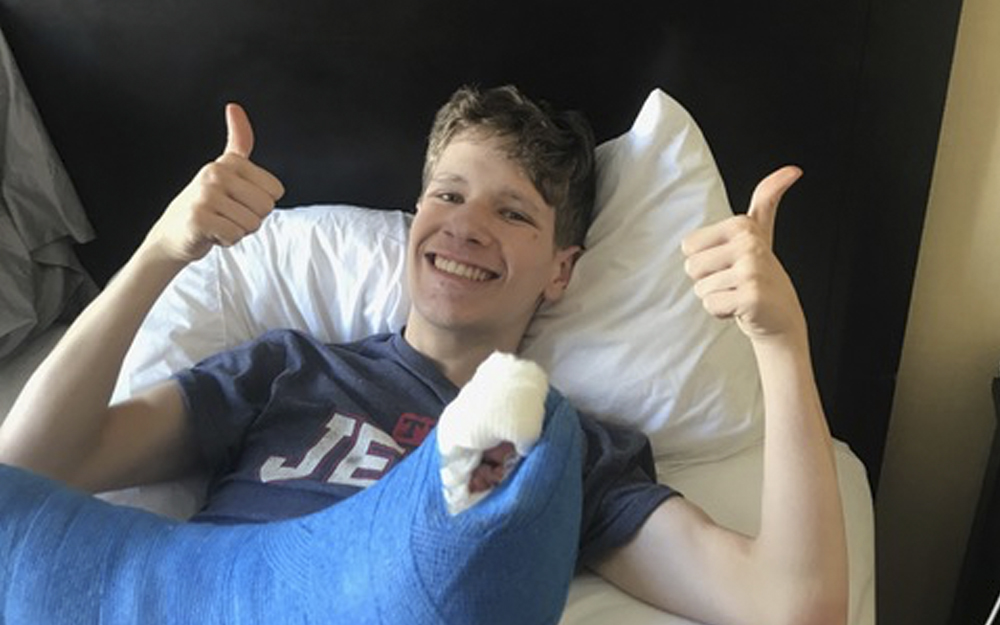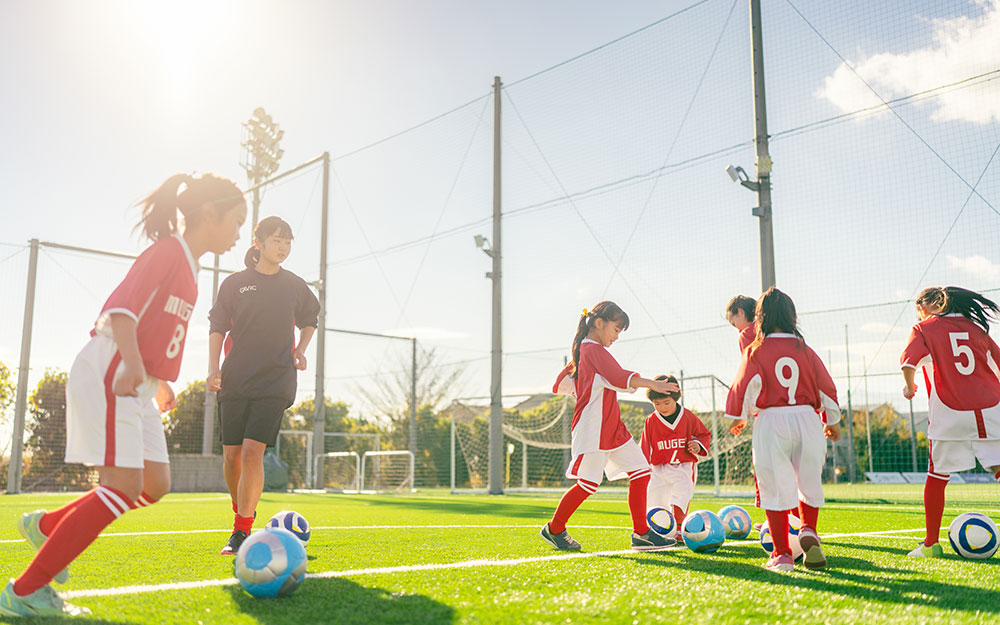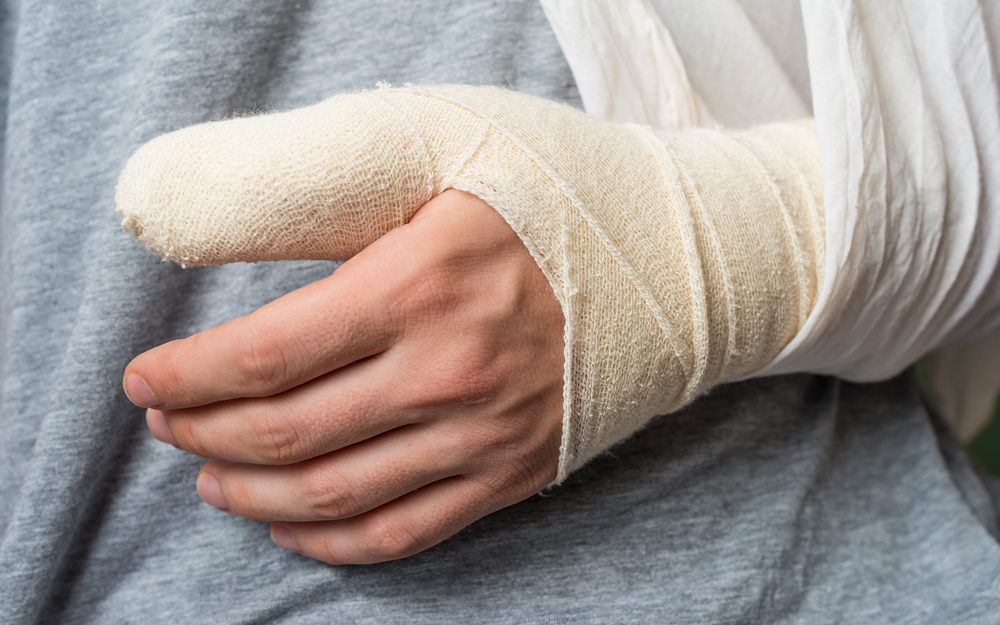All About Respect: Program Centers the Needs of Little People With Skeletal Dysplasia
Date
April 9, 2024

Date
April 9, 2024
Credits
Medical providers featured in this article

In Brief
{{cta-block}}
Creating a healing environment is a crucial part of providing great care to patients. For Cedars-Sinai orthopedic nurses, that meant even changing the furniture.
Cedars-Sinai is one of only a few centers in the country providing dedicated care for adults with skeletal dysplasia, which includes more than 380 different conditions that cause the bones and connective tissues to develop abnormally, often causing short stature.
“Little people spend much of their lives accommodating the environment instead of having an environment that accommodates them,” said Kathy Breda, NP, associate director of clinical operations for Orthopaedic Clinical Programs. “We wanted to change that.”
{{providers}}
Standard hospital beds are too high for people with skeletal dysplasia, making recovery difficult after commonly needed hip and joint replacement surgeries. The Cedars-Sinai team worked to find beds that can be adjusted as low as necessary for patients with shorter limbs, as well as smaller chairs that suit the proportions of a shorter-statured adult. These are not children’s chairs, Breda stressed.
“We’ve had patients tell us it was the first time they were in a hospital bed and able to place their feet on the floor,” she said. “They can sit on the side of the bed and use a walker to stand up, just like any patient recovering from this kind of surgery.”
Care for All Phases of Life
Skeletal dysplasia can cause muscular, skeletal, neurological, cardiovascular and pulmonary complications that may start in childhood or later in life.
People with the condition may need multiple specialists to address their care needs over decades. Traditionally, skeletal dysplasia programs are robust pediatric programs—but patients age out of them, said Guy Paiement, MD, director of the Skeletal Dysplasia Program.
“One of our strengths at Cedars-Sinai is that, in addition to orthopedic surgeons with experience working with skeletal dysplasia, patients have access to a wide range of specialists,” he said. “In addition, we work closely with our Cedars-Sinai Guerin Children’s colleagues, so we’re equipped with specialists who can provide care at all ages.”
“Little people spend much of their lives accommodating the environment instead of having an environment that accommodates them.”
Skeletal dysplasia patients often develop osteoarthritis between ages 20 and 40. This can lead to painful hips, knees and ankles, as well as require joint replacements to address pain and improve mobility. Spinal stenosis, a narrowing of the spinal column that puts pressure on the spinal cord and nerves, also commonly arises from spinal dysplasia and can require intervention.
Because skeletal dysplasia affects how the joints form, patients might need tailored implants or prosthetics to complete their joint replacements.
“We have a great deal of experience working with these patients and customizing their treatment,” Paiement said.
Connecting With Care
Nursing support for the program includes nurse navigators who work with patients before they come to the hospital for a surgery, then follow up with them after discharge to address any issues that come up.
“These very experienced orthopedic nurses serve as a resource to our patients before, during and after their stay with us,” Breda said.
Breda, Paiement and other members of the team invest time in connecting with patients, regularly attending Little People of America events to provide health information and answer questions.
The program also includes a full-time orthopedic social worker to assist patients in accessing the right care and working with their insurance.
Sourcing gowns that are the proper sizes and appropriate for adults, finding chairs that are comfortable and beds that adjust appropriately to aid in comfort are important details to patients and providers alike, Breda said.
“It’s about providing the best care,” she said. “It’s also about respect.”






